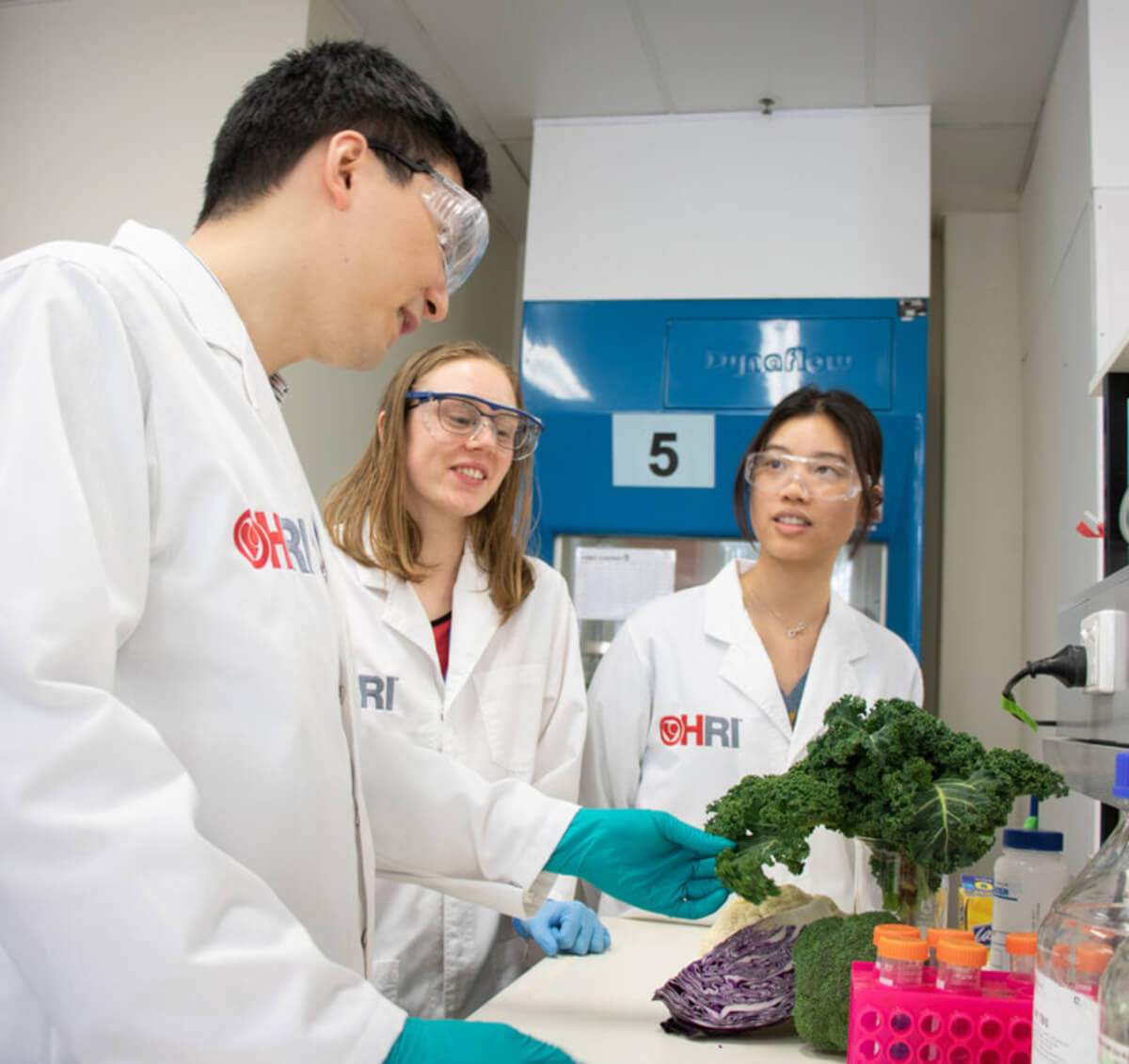🔑 Key Findings:
- A natural compound in broccoli reduces blood clotting, possibly preventing strokes.
- Sulforaphane also appears to improve the effectiveness of anti-clotting drugs.
- The clot-breaking drug tPA was 40% more effective in combination with the broccoli compound.
NEW SOUTH WALES, Australia — We should’ve listened to our parents when they told us to eat our broccoli. Scientists from the Heart Research Institute in Australia are revolutionizing stroke prevention and treatment, all thanks to a compound found in the cruciferous vegetable. Their research finds that sulforaphane reduces the formation of blood clots, a condition which often leads to a stroke.
Stroke, a condition that results from the interruption of blood flow to the brain, can lead to severe disability and death. According to the Centers for Disease Control and Prevention, every 40 seconds, someone in the United States has a stroke and over 795,000 Americans suffer from the debilitating brain attack yearly. The majority of these strokes result from the formation of blood clots in the brain, a condition known as acute ischemic stroke.
The study, published in the journal ACS Central Science, has made a significant leap forward by demonstrating, in pre-clinical trials, that this natural chemical found in broccoli can not only reduce the formation of these dangerous blood clots but also enhance the effectiveness of existing clot-busting medications. This discovery opens up new avenues for the development of innovative stroke treatments.
“After a patient has an ischemic stroke, they are treated with tissue plasminogen activator (tPA), a type of clot busting medication to slow down the progression of damage to the brain. Unfortunately it is only successful in 20 percent of cases,” explains study lead researcher Dr. Xuyu Liu, of the Heart Research Institute, in a media release.
“What we found in a preclinical trial is that the tPA success rate increases to 60 percent when the medication is given with the broccoli-derived compound,” says Dr. Liu. “Excitingly, this naturally occurring compound does not cause any signs of bleeding, which is a common side effect associated with blood-thinning agents tested in stroke treatment.”

This research suggests that in the near future, paramedics could administer a broccoli-based medication alongside tPA to treat ischemic stroke patients en route to the hospital.
“Not only is the broccoli compound effective in improving the performance of clot-busting medication after a stroke, it could be used as a preventative agent for patients who are at a high risk of stroke,” explains Dr. Liu.
The work was led by 25-year-old doctoral student Ivy Guan, who works in the research team under the guidance of Dr. Liu.
“I was originally attracted to this project because I have a strong interest in the use of natural products as medicine,” notes Guan. “A lot of the research I do is very limited to the lab, but this is something that can go out to the world and can impact people in normal, daily life and encourage people to be healthier.”
With the focus now shifting towards clinical trials, the HRI team is optimistic about introducing a new, broccoli-derived preventative and anti-clotting treatment for stroke within the next five years. The implications of their research extend beyond stroke, as scientists suggest the compound may also prove beneficial in other conditions where blood clotting plays a role.
“We are very excited at having isolated a natural compound that may have huge beneficial effects,” says Dr. Liu. “Our studies will keep exploring how highly purified compounds from vegetables may have beneficial effects in disease processes.”
You might also be interested in:
- Most powerful veggie? How broccoli sprouts could help treat cancer, neurodegenerative diseases
- Broccoli going extinct? Scientists reveal why global warming turns it into cauliflower
- 5 Surprising Health Benefits Of Eating Broccoli, According To Science
- Serving Of Apple Cider Vinegar A Day Keeps Obesity Away
